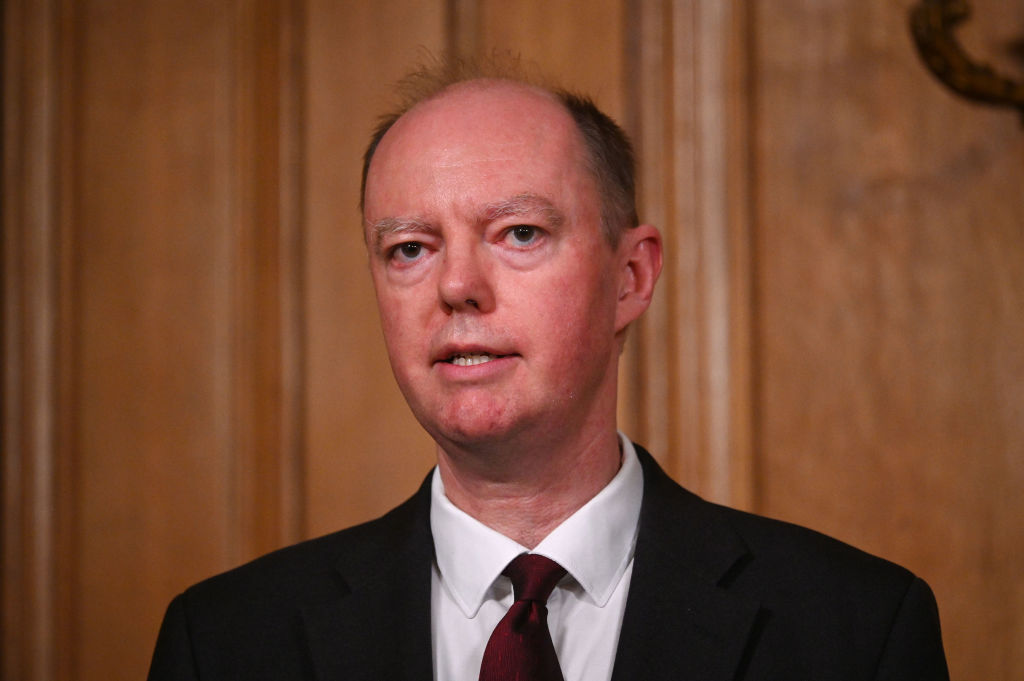There are still six days to go before the Prime Minister has to decide whether or not to go ahead with the full reopening of the economy and society on 21 June. But there seems little doubt in which way the government is travelling.
It is reported this morning that, following a pessimistic presentation by Chris Whitty and Sir Patrick Vallance the likelihood is that the reopening will be delayed by a fortnight, the lifting of some measures perhaps a little longer than that.
Is this yet another shifting of the goalposts? It is true that there has been an increase in cases over the past couple of weeks – not so far accompanied by a rise in hospitalisations and deaths. Yet a rise in infections – indeed a rise in hospitalisations and deaths, too – was always baked into the government’s roadmap.
Is this yet another shifting of the goalposts?
On 13 April – the day following step two in the roadmap, when shops and outdoor hospitality was allowed to reopen – the Prime Minister said:
‘So, as we unlock the result will inevitably be that we will see more infections…sadly we will see more hospitalisations and deaths, and people have just got to understand that. At the moment I can’t see any reason for us to change the roadmap, to deviate from the targets that we’ve set ourselves.’
Moreover, two weeks earlier, on 31 March, the government’s Scientific Pandemic Influenza Group on Modelling (SPI-M) published its projections for what would happen as we travelling along the roadmap – showing a distinct third wave. The group concluded:
‘It is highly likely that there will be a further resurgence in hospitalisations and deaths after the later steps of the roadmap. The scale, shape, and timing of any resurgence remain highly uncertain; in most scenarios modelled, any peak is smaller than the wave seen in January 2021, however, scenarios with little transmission reduction after step four or with pessimistic but plausible vaccine efficacy assumptions can result in resurgences in hospitalisations of a similar scale to January 2021.’
If those assumptions were built into the roadmap, what has changed to make government ministers and scientific advisers think the roadmap must be changed now?
They might point to the Indian variant, yet nothing that has happened so far is outside the models presented by SPI-M. On the contrary, most of the scenarios presented by SPI-M on 31 March showed hospitalisations rising as a result of step two in the roadmap.
In the event, they didn’t, and neither did they rise significantly following step three of the roadmap on 17 May, when indoor hospitality was allowed to reopen.
Reluctance to reopen seems to be building, not because of the data but in spite of it. It appears that, come the moment, many in government cannot bring themselves to tolerate any increase in infections whatsoever – even if hospitalisations and deaths remain low. If that is going to be the reigning attitude it is going to be a very long time indeed before we are allowed to resume ordinary life.







Comments